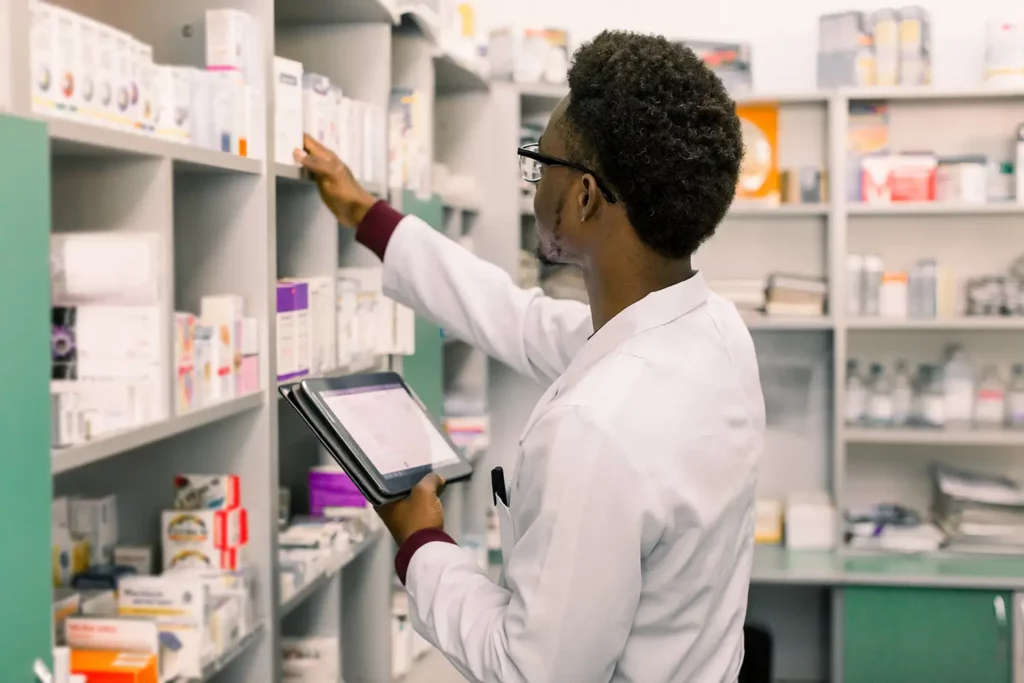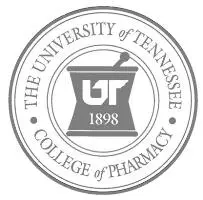Pharmacy
Pharmacy is a unique health profession because it links the health sciences with the chemical sciences and is charged with ensuring the safe use of medication. The scope of pharmacy practice includes the more traditional roles of compounding and dispensing medications as well as the more modern services related to patient care, including clinical services, reviewing medications for safety and efficacy, and circulating drug information.


Pharmacists are experts on drug therapy and are the primary health professionals who optimize the use of medication to provide patients with positive health outcomes. Many pharmacists are also small business owners, owning the pharmacy in which they practice.
The pre-health advisors in Arts & Sciences Advising Services stand ready to assist you as you explore your options and begin your preparation for a health profession. To schedule an appointment with a pre-health advisor, go to MyUTK.edu through your Grades First link or call 865-974-4483 during regular business hours.
Pharmacy Prerequisites
The courses required for admission to pharmacy school vary depending on the school to which you are applying. The minimum number of hours required for applying range from sixty to ninety. For most pharmacy schools, you can expect to complete a year of a biological science. The courses that are most appropriate at UT are Biology 150 (Organismal and Ecological Biology), Biology 159 (Skills of Biological investigation), and Biology 160 (Cellular and Molecular Biology).
In addition, almost all pharmacy schools require a year of general chemistry (Chemistry 122-123 and 132-133), a year of organic chemistry (Chemistry 260-269, 360-359), a semester of physics (Physics 221), a semester of calculus, a semester of statistics, and a representation of humanities and social science courses.
The UT College of Pharmacy requires a minimum of 62 credit hours. In addition to the courses listed above, the UT College of Pharmacy requires a year of anatomy and physiology (Ecology and Evolutionary Biology 240 and Biochemistry and Cellular and Molecular Biology 230), and general microbiology with a lab (Microbiology 210 or Biology 220 and 229).
You should review the prerequisites carefully for any pharmacy program you are considering.
Letters of Evaluation
Letters of evaluation are handled through PharmCAS. For detailed information about how letters of evaluation work in PharmCAS, go to the website and click on the link to PharmCAS Instructions.
Pharmacy Association
Pharmacy Schools
- UTHSC College of Pharmacy
- ETSU Bill Gatton College of Pharmacy
- Belmont University College of Pharmacy
- Lipscomb University College of Pharmacy
- South College of Pharmacy
- Union University College of Pharmacy
- Index to all Pharmacy Schools